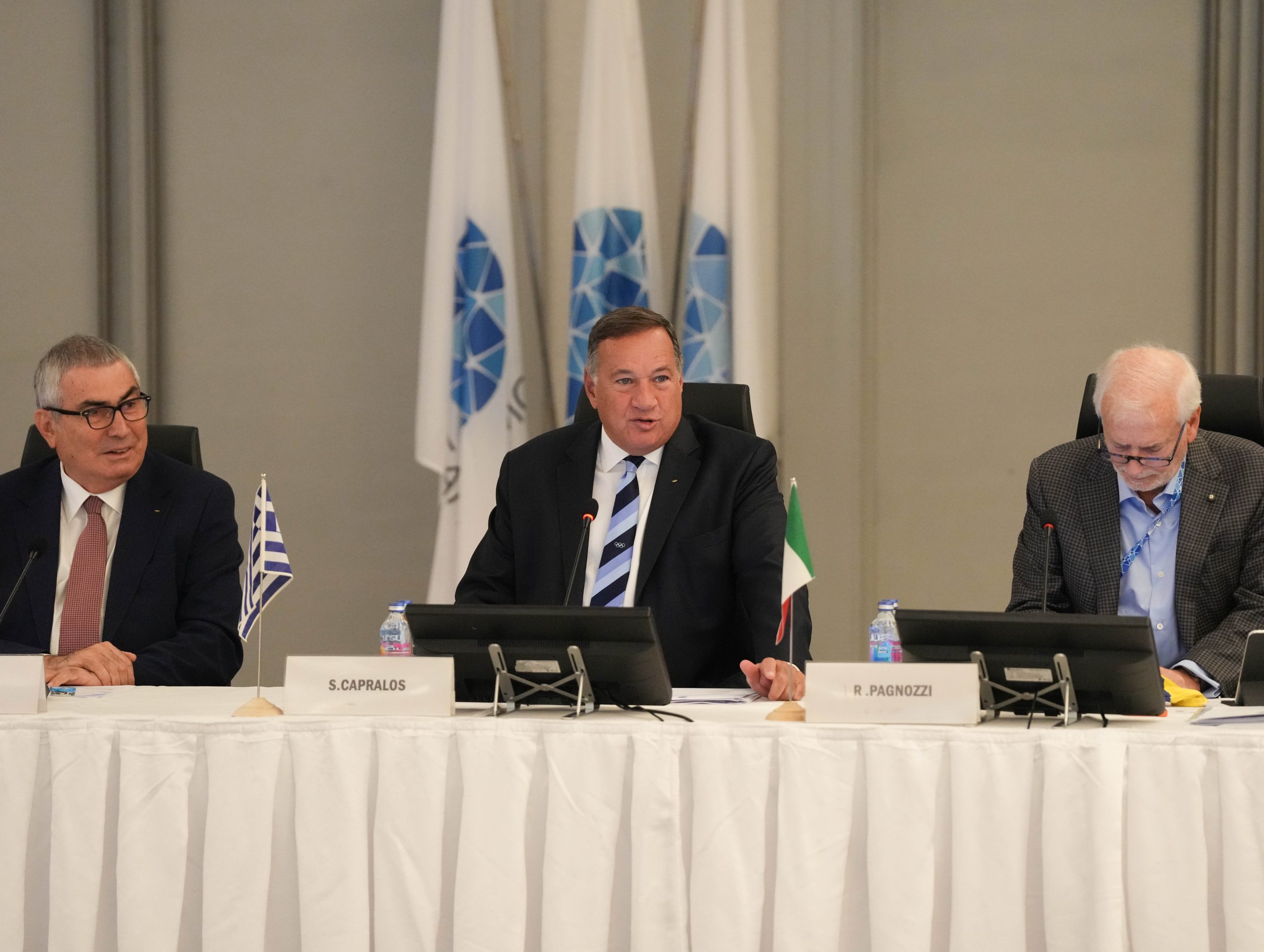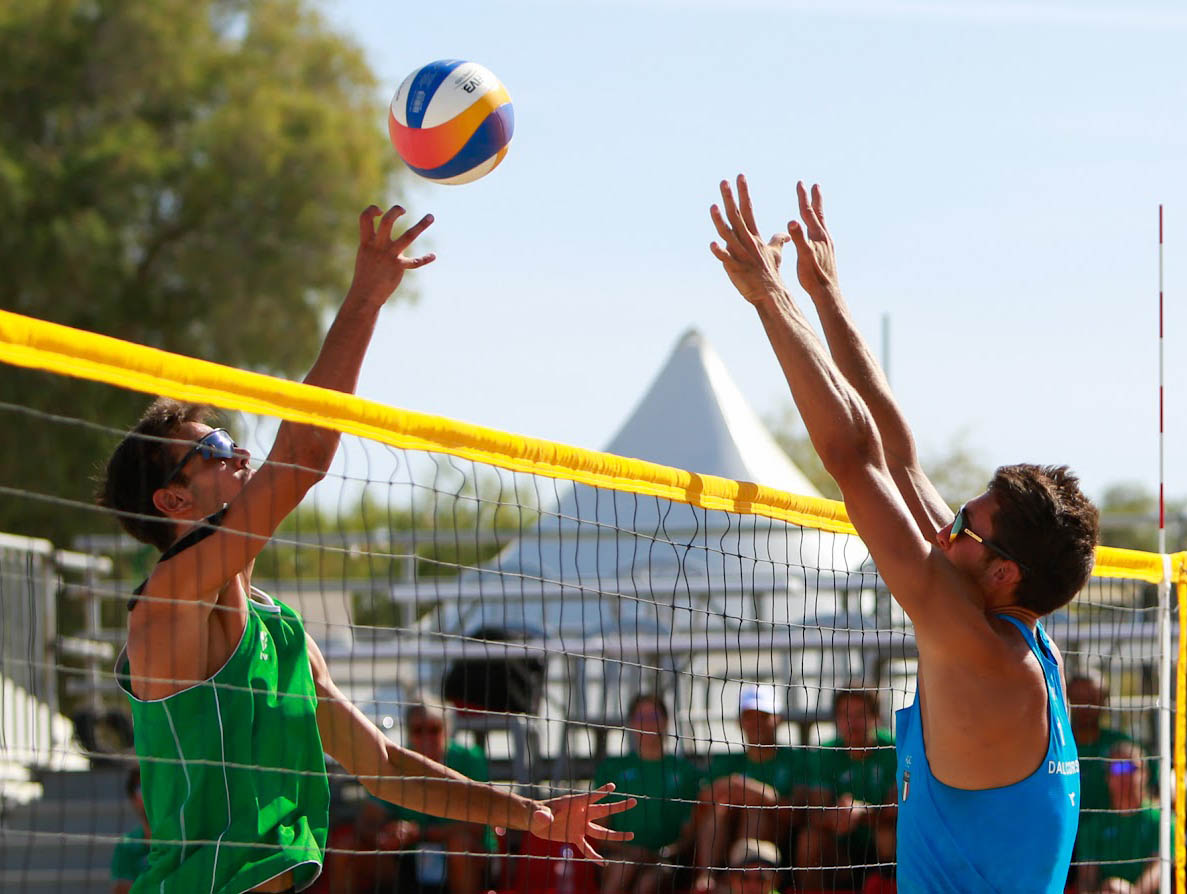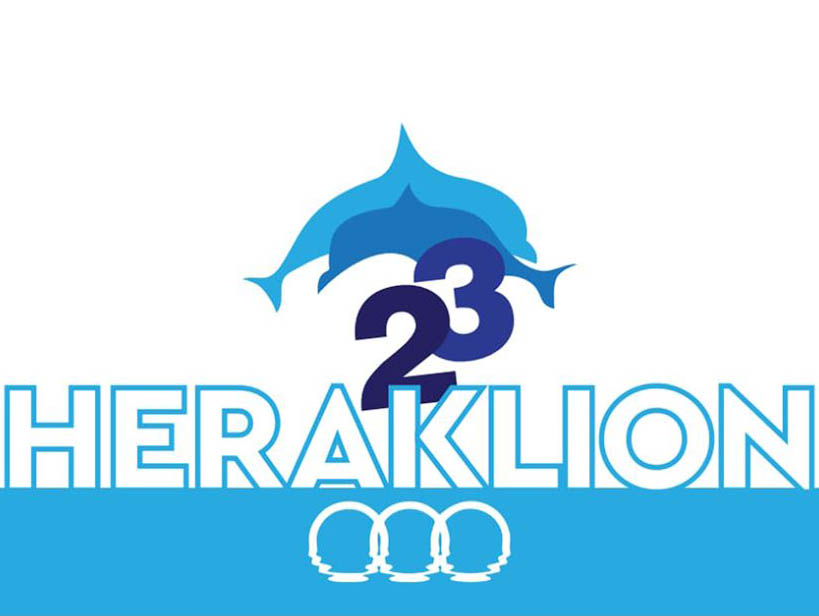1. Pilot Project “Sport, School and Olympic Values” Concluded
On 2 October 2002 the concluding meeting of the pilot project “Sport, School and Olympic Values” which served to disseminate Olympic ideas in schools took place in Brussels. The project was supported by the International Olympic Committee and the European Commission.
The three participating countries, France, Italy and the Netherlands, presented the results of the project to the Commissioner responsible for sport, Viviane Reding, the President of the European Olympic Committee, Mario Pescante, and the press.
The project started in the middle of September 2001 and since then has involved 150,000 children aged 10 to 13 from 6000 school classes. Through discussions in their lessons, graphical presentations and contests, the Olympic ideals were brought closer to the pupils.
The Olympic Committees of the three participating countries were charged with developing their own programmes with the help of jointly agreed instrument in cooperation with their respective ministries with the responsibility for sport. The project was coordinated by the EU Office in Brussels.
Ms Reding will do what she can to have the project extended in the school year 2003 / 2004 to all 15 Member States within the framework of the European Year of Education through Sport. The results of the project presented are meant to be communicated to the responsible education ministries for this purpose.
www.eu-sportvalues.net
2. Roger Briesch New President of Economic and Social Committee
At its constituent session of 22-24 October 2002 the European Economic and Social Committee (ECS) elected Frenchman Roger Briesch as its president. The term in office of the trade union leader from Lorraine will amount to two years. Briesch last headed the employees group in the Economic and Social Committee.
The ECS consists of 222 representatives of employer and employee organisations, farmers’ associations, small and medium-sized enterprises, consumer and environmental protection organisations, of trade and crafts associations as well as other important societal groups. On the proposal of the national governments of the Council they are appointed for a duration of four years. The ECS understands itself as a bridge between Europe and civil society. The ECS is a consulting body of the European Union, which must be heard in certain policy areas. Its opinions are not binding, though.
3. Entry of Nationals from Third Countries for Educational Purposes
At the beginning of October the European Commission accepted a guideline proposal for bringing into line the conditions for the entry and stay of third-country nationals who would like to study in the EU, complete training, or take part in voluntary service. The new guideline is meant to go into effect at the end of 2004
According to the proposal, for nationals from third countries a distinction will be made between students, children still in school, unpaid student trainees and volunteers.
Up until now participants in the volunteer programme met with difficulties in applying for a residency permit, since they could be classified neither as students nor as employees. The members of all four groups named must have valid papers and health insurance in order to obtain a residence permit. In addition they have to supply proof that they have sufficient financial resources to meet their living expenses in the host country. For participants in the volunteer programme the financial guarantee will be taken care of by the organisation carrying out the project, must however be proven personally by the applicant in addition to the actual participation in the programme. The residence permit for exchange students, unpaid student trainees and volunteers is limited to one year and cannot be renewed.
For students in addition a recognition of the right to mobility is provided. Therefore students with a residence permit in one Member State of the EU should automatically have a claim to a residence permit in another Member State, if they want to continue or conclude their studies.

















